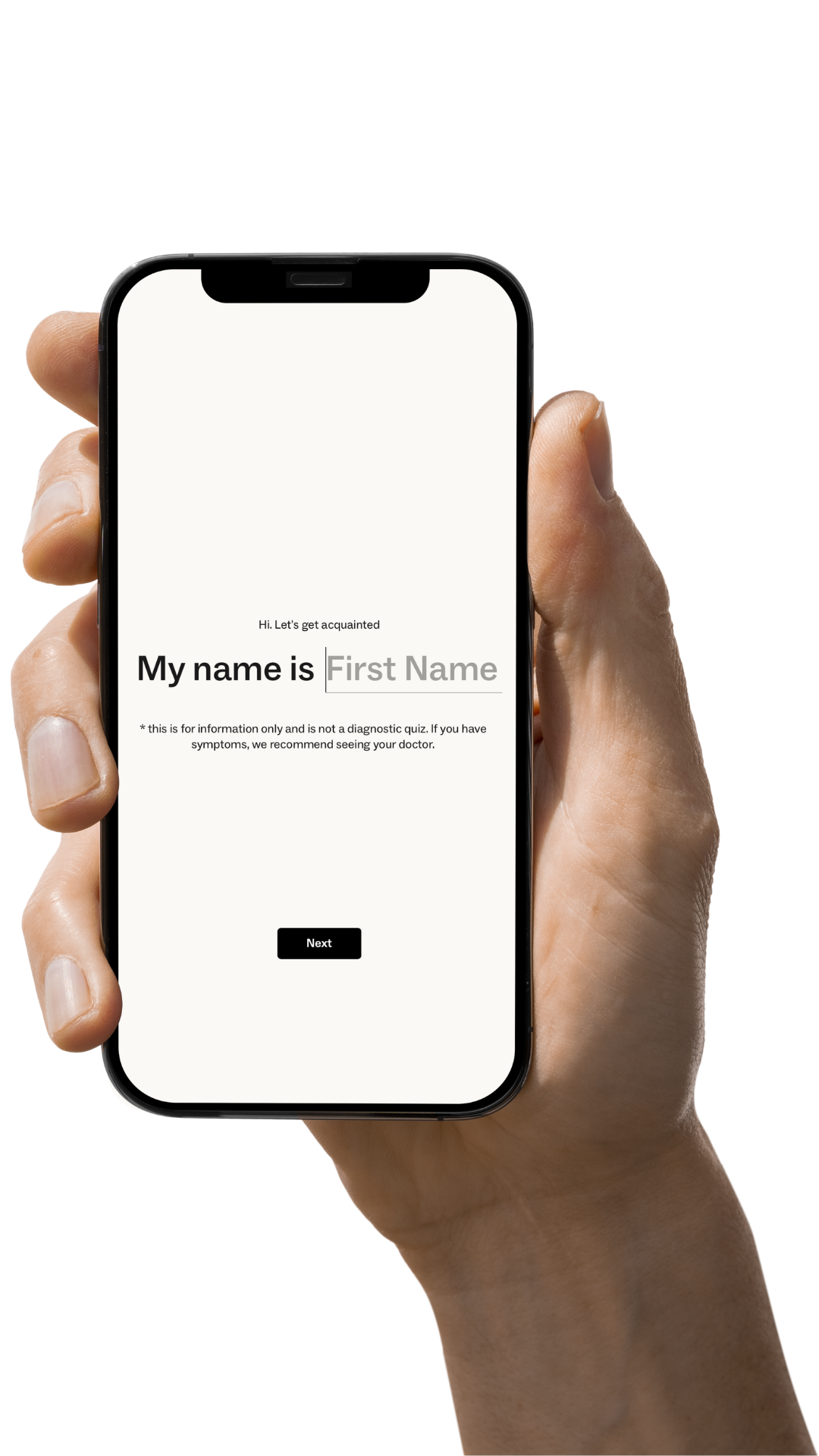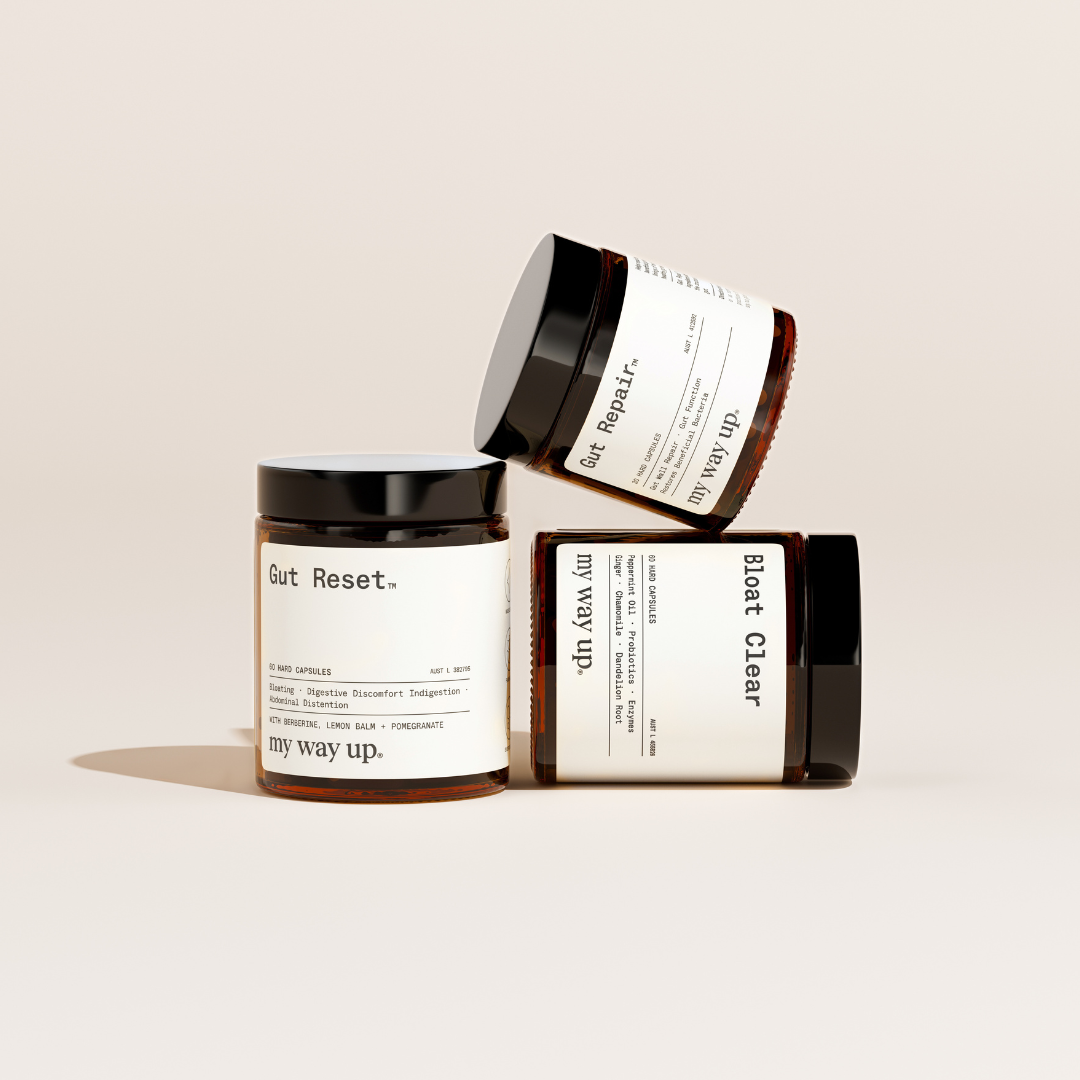Your metabolism is the sum of all of the process that your body undertakes daily, that require energy.
Let's uncover why healing your gut, is often intertwined with healing your metabolism.

1. The cause of a sluggish metabolism
Repeat bouts of low calorie dieting slow the metabolism down. Combine this with our tendency towards:
a) Overwork
b) Under sleep
c) Over exposure to toxins/pollutants/chemicals/hormones
d) Under exposure to quality nutrition
e) Under exposure to strength training
And you've got yourself a recipe for a very sluggish, stressed metabolism.
| REPEATED LOW CALORIES DIETING COMBINED WITH STRESS DIG THE FOUNDATIONS OF GUT PROBLEMS |
2. Why a stressed metabolism causes gut dysfunction
There are 2 parts to your nervous systems:
- A "breaking" part - the parasympathetic nervous system (maintains youth)
- An "accelerating" part - the sympathetic nervous system (accelerates ageing)
Stress is felt by your body when it's normal homeostasis (the "status quo" of your body) is disturbed.
Disturb it a little - no problem! Sun tan, anyone? (this is called "eustress," or good stress).
Disturb it a lot - problem! Sun burn, anyone? (this is called "distress," or bad stress).
When you're too reliant on your sympathetic nervous system, your body produces higher amounts of stress hormones.
Stress hormones melt your own tissues down for energy.
Fat, muscle, bone, and organs are all converted into energy to help stabilise your blood sugar so that cells can get the energy they require.
The other feature of stress, is that your body redistributes blood and energy away from your gut and towards other places like your brain and skeletal muscle.
This lowers your digestive function and primes it for a reduced ability to recover and heal, and increases its susceptibility to damage from industrialised foods, toxins, pesticides and drugs.

3. "Stress" reduction is an undeniable part of healing
Get sick? Go to bed, rest, drink chicken soup, recover.
Translation: lower your stress or your "distress."
Once understanding that stress is always complicit in gut dysfunction, it's easier to paint a picture of what you'll need to do to rebuild your gut function.
We like to separate these gut rebuilding habits into the 6 pillars of gut health:
- Nutrition - use traditional, natural, easily digestible, well sourced foods
- Pro-gut proteins + botanicals - use collagen, gelatin, Hero Gut (when it's available soon!), Organic Liver and Debloat Detox to speed up your recovery and help your maintenance.
- Sleep - this is stress reduction and healing 101
- Balance your blood sugar - eat as regularly as you need to so that your nutrition decisions are well made
- Nature - get out into nature more. Swim in the sea, walk in the forest.
- Trauma - this is the toughest one. Overcoming distress will help give you something tangible to focus on achieving. However, overcoming trauma means working on difficulties you've repressed, probably since childhood. I'm not an expert in this area, however I'll share what I've done to address this in a separate post.
Succeed with some of these and you'll make progress on your healing journey. Obviously, we can directly help with the pro-gut proteins and botanicals.

Being successful with that should be a given. Collagen in your tea, coffee or smoothie. A few liver capsules every morning. Debloat Detox at night if you need it for 14 days out of every 3 months. And finally, making some epic gelatin based recipes like the marshmallows to enjoy once a day.
| REDUCING STRESS VIA NUTRITION, ENVIRONMENT & MENTAL LOAD IS FUNDAMENTAL TO HEALING BOTH THE GUT & THE METABOLISM |
4. A strong metabolism means great gut function
When your metabolism is working well, energy is easy to come by for your cells.
This means your gut will also be energised. Remember the gut cells replace themselves entirely every 5 days - that takes a lot of energy.
When the gut is energised, it speeds up. Food moves through your gut faster. The liver and gallbladder work well. The stomach is acid. The small intestine has a lot less bacteria in it. The large intestine has good bacterial populations, and isn't overgrown with bad bacteria. You poop every day.
There are so many great things that happen to your body when it's properly energised, digesting food, and metabolically strong.
The most important thing, is that you'll look and feel younger again.
So why wouldn't you invest in great gut health?


